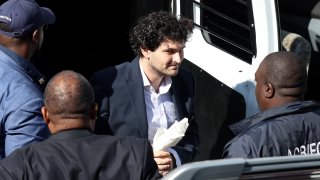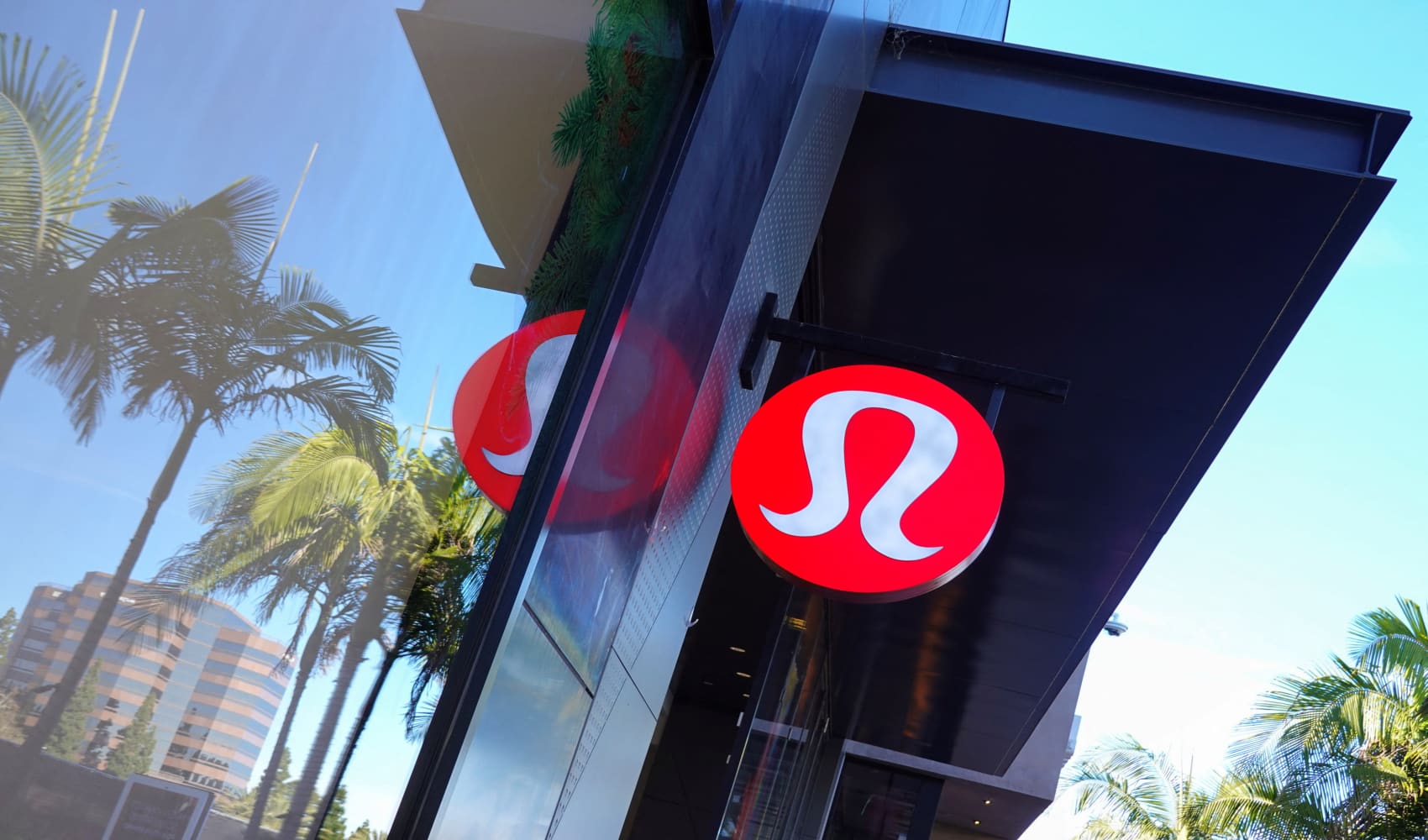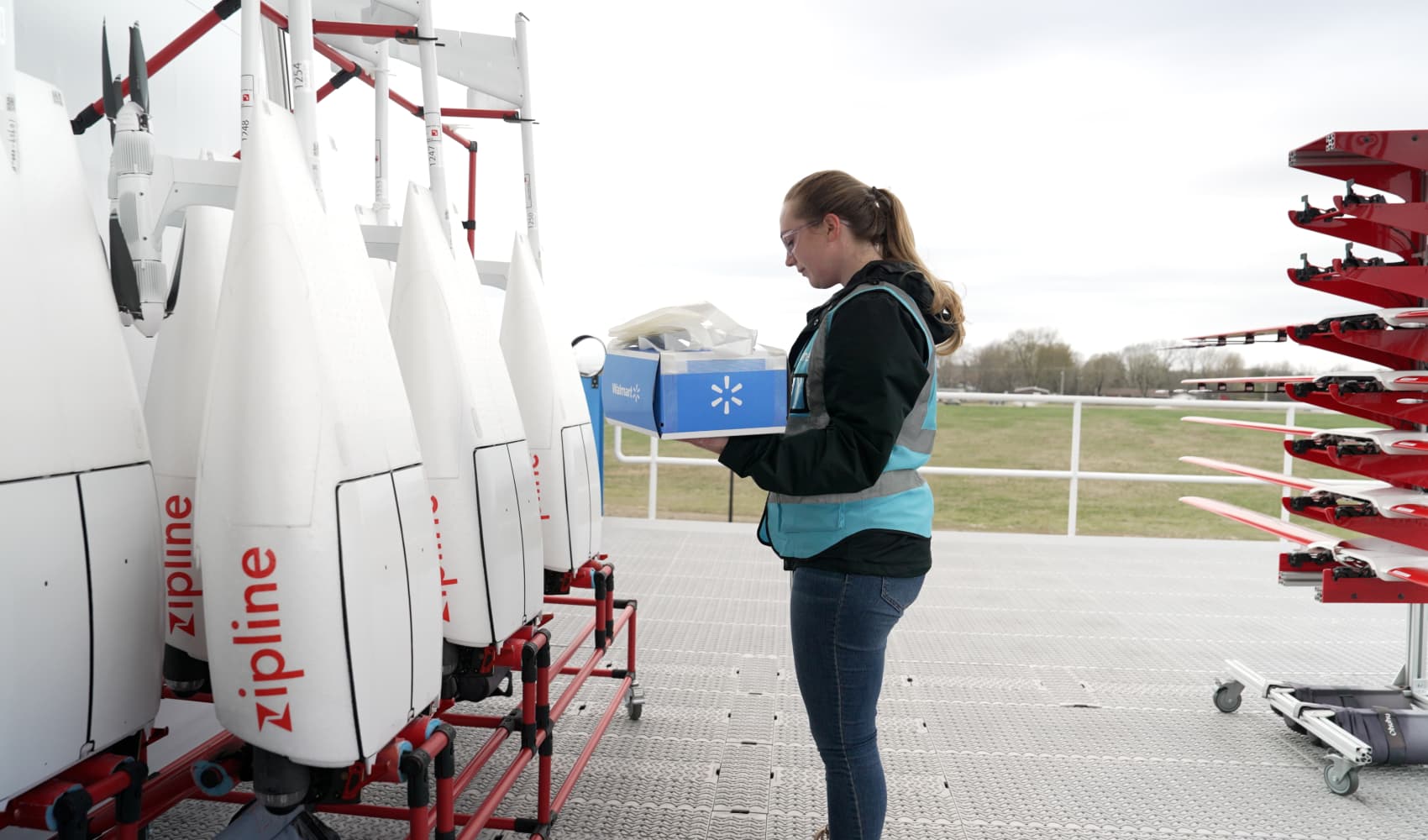
- FTX founder Sam Bankman-Fried will fly to New York Wednesday night after a series of chaotic and contentious courtroom hearings in the Bahamas.
- His attorney, Jerone Roberts, reading from an affidavit signed Dec. 20, told the court that Bankman-Fried was consenting to extradition in part due to a "desire to make the relevant customers whole."
- Bankman-Fried was "anxious to leave," Roberts told the court.
Sam Bankman-Fried is flying Wednesday night to New York, according to the office of the attorney general of the Bahamas, where he is later expected to be arraigned in U.S. federal court, concluding a days-long saga.
Bankman-Fried, 30, was indicted in New York federal court on Dec. 9 and arrested three days later by Bahamas law enforcement at the request of U.S. prosecutors.
His attorney, Jerone Roberts, reading from an affidavit signed Dec. 20, told the court that Bankman-Fried was consenting to extradition in part due to a "desire to make the relevant customers whole." Bankman-Fried was "anxious to leave," Roberts told the court.
Get San Diego local news, weather forecasts, sports and lifestyle stories to your inbox. Sign up for NBC San Diego newsletters.
It is unclear how his return would help plug the $8 billion balance sheet hole that, according to federal complaints, came as a result of risky trading and extravagant spending by FTX executives.
Bankman-Fried will face arraignment and bail proceedings after he lands. Unlike other white-collar cases, however, Bankman-Fried faces a particular set of challenges.
"This is obviously not the typical case," former federal prosecutor Renato Mariotti told CNBC. "He is facing decades in prison. And he doesn't have ties to the community in SDNY like a typical defendant would and also has ties to a foreign jurisdiction. So prosecutors have a shot at getting the judge to order detention unless the defendant posts property or a significant cash bond."
Money Report
Throughout the extradition waiver process, Bankman-Fried's Bahamas legal team and U.S. lawyers have appeared to be at loggerheads. His legal team initially stated that it would fight extradition attempts, but on Saturday a person familiar with the matter told CNBC that the crypto billionaire had changed his mind and would return to the United States.
On Monday morning, Bankman-Fried's Bahamas counsel said the former billionaire wouldn't return to the United States without viewing a copy of his indictment, with the lawyer telling a Bahamas magistrate that he was "shocked" to even see Bankman-Fried in court.
Chaos ensued as reporters and attorneys for Bankman-Fried attempted to pin down whether the former crypto billionaire would be rendered back to the United States for arraignment in federal court.
Finally, on Tuesday, a Bahamas prison official and a source familiar with the matter confirmed that Bankman-Fried had signed extradition paperwork and would appear for his final hearing in Nassau on Thursday.
When Bankman-Fried lands in New York, the so-far atypical proceedings should take on a more familiar tenor. In a typical federal case, the accused "would be taken to the detention center for processing before the initial detention hearing/arraignment," former CFTC trial attorney & Kennyhertz Perry partner Braden Perry told CNBC.
"But again, if arranged in advance with the magistrate in charge of the detention hearing, the court may allow a hearing before processing, but that is unlikely. His attorneys could also waive the detention hearing, at least for now, and request a more detailed evidentiary hearing to ensure their best arguments are made with proper evidence for detention, as it's usually a one-time shot at getting out before trial," Perry continued.
Bankman-Fried stands accused by federal law enforcement and financial regulators of perpetrating what the SEC called one of the largest and most "brazen" frauds in recent memory. Replacement CEO John J. Ray described a "complete failure of corporate control" at the company.
Federal regulators have alleged that Bankman-Fried used that $8 billion worth of customer assets for extravagant real estate purchases and vanity projects, including stadium naming rights and millions in political donations.
CNBC's Kate Rooney contributed to this report.






